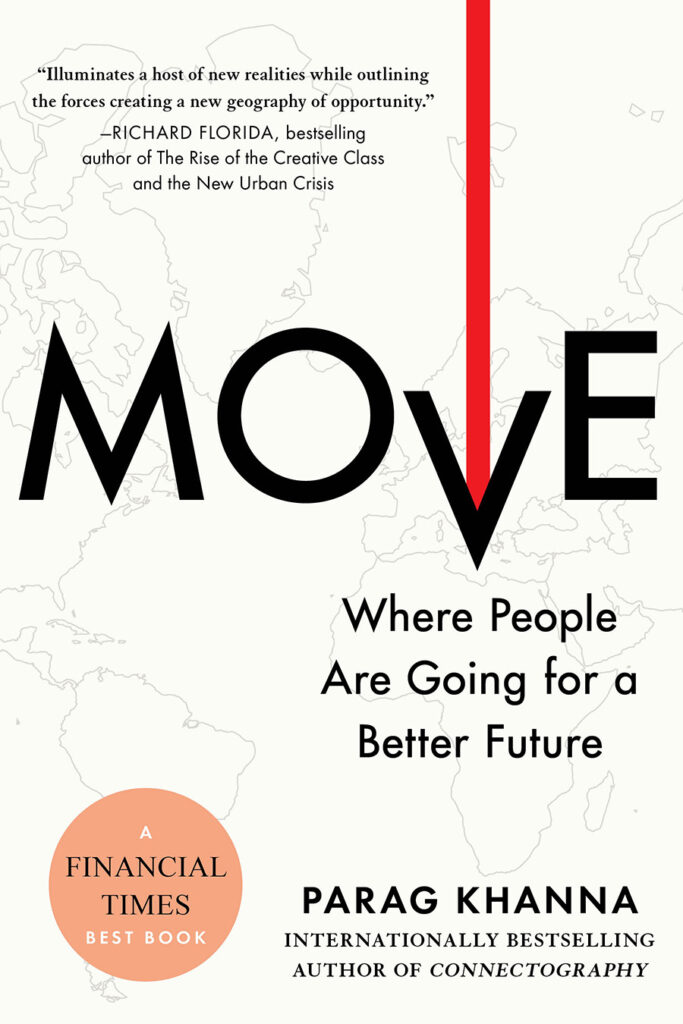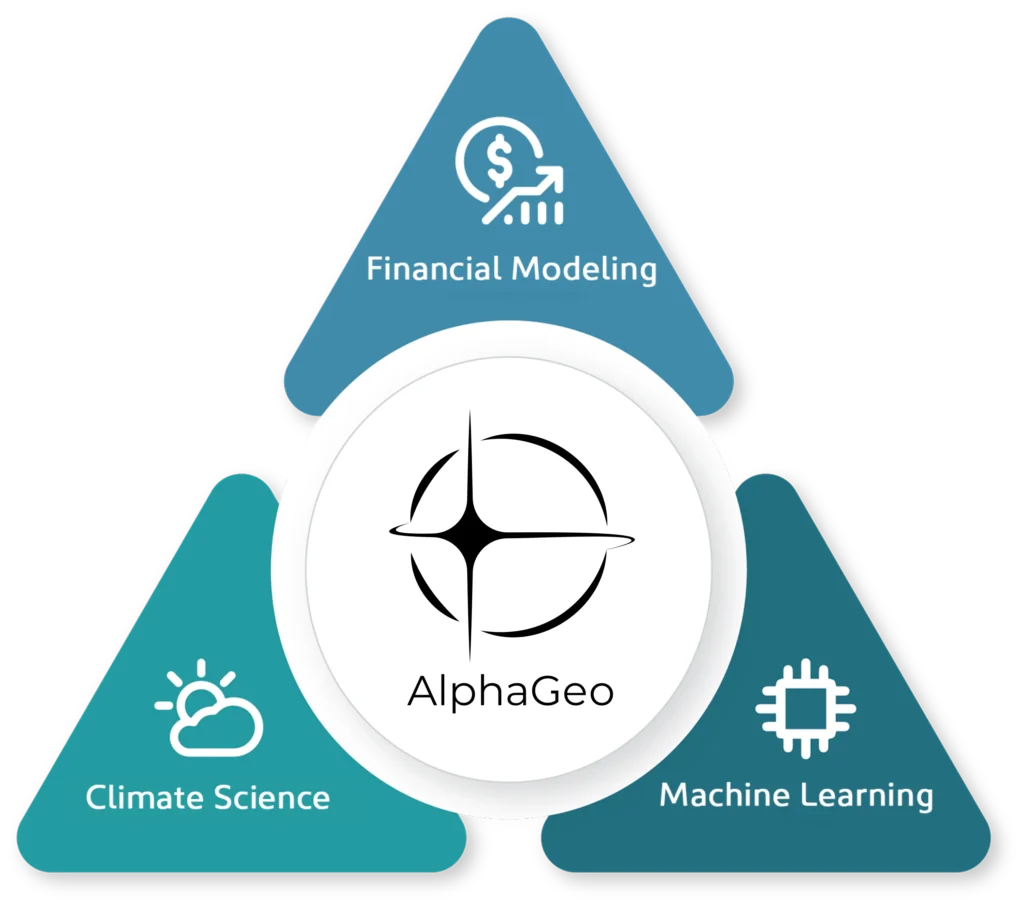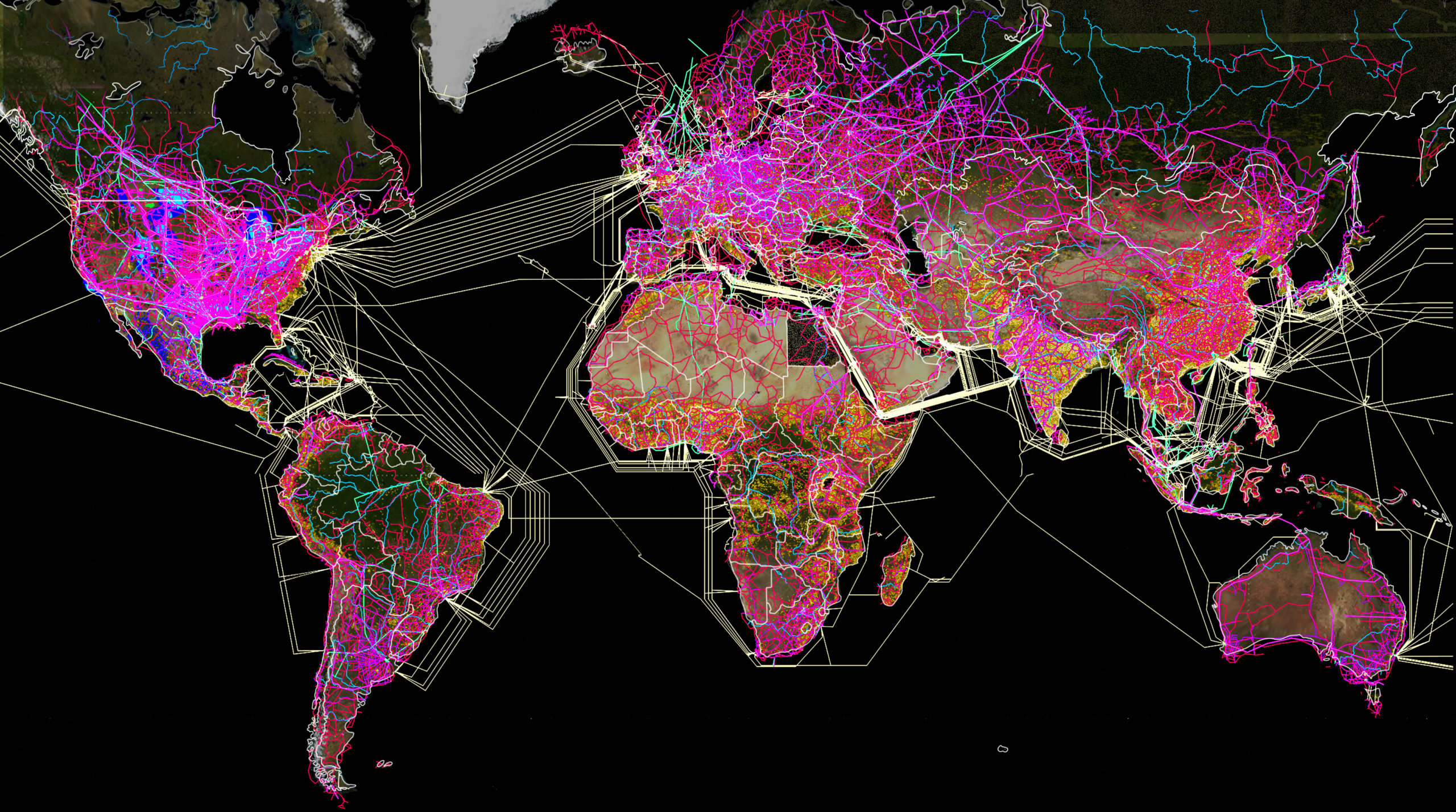Our Story
HISTORY

AlphaGeo was born from a powerful insight: in a world of perpetual volatility, resilient geography will become the most valuable asset.
In 2020, Dr. Parag Khanna set out to apply complex systems science to geography. His original inspiration was simultaneously personal, intellectual and commercial:
Personal: He was seeking an ideal retirement home for his parents, but was frustrated by the lack of practical tools that brought together and distilled fragmented data to pinpoint optimal locations.
Intellectual: He wanted to model the interactions of the many forces driving new migration patterns laid out in his book MOVE – from geopolitical conflicts and climate change to demographic imbalances and industrial policies.
Commercial: Several prominent asset managers and real estate developers sought his support in analyzing the impact of geopolitical, societal, technological and environmental trends on the fluctuating value of real estate and associated assets.
This quest highlighted a broader need for a platform to model the complex forces shaping our societies and guide all stakeholders to invest in greater resilience.
Geography X Data Science
AlphaGeo relentlessly pursues geographical omniscience by georeferencing a vast array of traditional, alternative, and proprietary data, and mapping their spatial relationships to generate predictive location analytics.
We achieve this by drawing on advanced data science and interdisciplinary expertise to model how complex Earth systems impact location resilience:
- Our spatial finance approach captures the dynamic relationship between climate and markets by applying network analysis, machine learning and econometric tools.
- Our cartographic software transforms these spatial and temporal datasets into scenario visualizations and trend simulations.
- Our generative AI toolkit utilizes spatial reasoning to interpret complex data models and guide strategic decision-making.

Mission and Vision
AlphaGeo’s mission is to future-proof societies against rising volatility. Inspired by Charles Darwin’s evolutionary theory, we help our clients adapt and thrive in an uncertain future.
Our vision is of a world that more productively and fairly optimizes its natural resources, economic assets, human capital and governance capacity.

It is not the strongest of the species that survives, nor the most intelligent. It is the one that is most adaptable to change.
— Charles Darwin, On the Origin of Species
